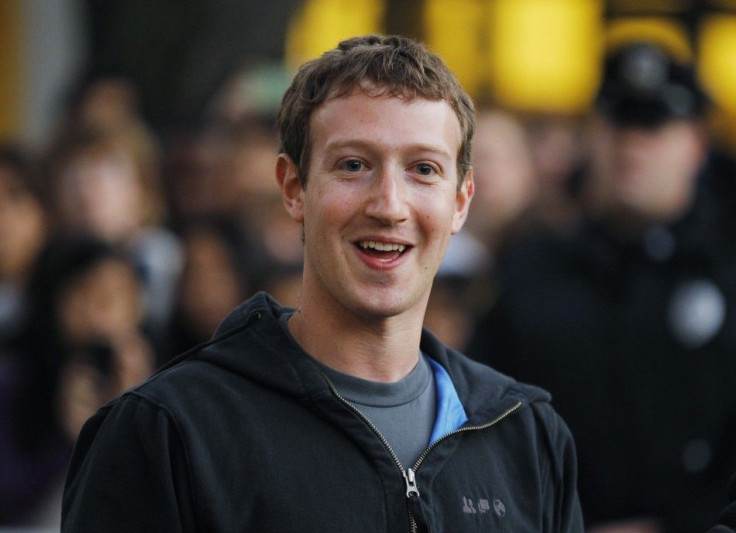Facebook IPO: ‘Social Media’ Becomes Anti-Social For Investors

The good news for investors in Facebook (Nasdaq: FB), the No. 1 social networking site, is that the shares didn't set a new, post-initial public offering low on Wednesday. But they have come close, trading as low as $18.96 before recovering to $19.33, up 17 cents, in late trading.
Need anyone be reminded that shares of the Menlo Park, Calif., company were priced at $38 on May 17 by its lead underwriters Morgan Stanley (NYSE: MS), Goldman Sacs (NYSE: GS) and JPMorgan Chase (NYSE: JPM)? That means the shares have lost 50 percent, the market capitalization has been shaved to only $41.5 billion.
Last week, the handcuffs came off Facebook directors and insiders to sell some of the shares they didn't pitch into the IPO, like CEO Mark Zuckerberg and a lot of the original investors. With hindsight, they got out at the right time, when Facebook sold only 241 million shares into a market screaming for them.
After the first day of trading on May 18, shares closed at $38.23 after a wild session that included a 30-minute glitch at Nasdaq OMX Group's (Nasdaq: NDQ) exchange that still hasn't been explained.
Now there's more trouble ahead: first, with the lockup over, Facebook now has 641 million shares outstanding. Obviously, more shares available ought to lower the price especially after Facebook reported an unexpected second-quarter loss as well as much lower revenue growth and new members.
Second, some of the insiders who sold are now filing their reports with the U.S. Securities and Exchange Commission.
Among them so far:
Zuckerberg buddy Dustin Moskovitz, who sold 450,000 shares last week at an average cost of $19.62, to rake in $8.83 million. He still holds about 7 million shares.
PayPal co-founder Peter Thiel, a Facebook director, disposed of 20 million shares at an average price of $20 to raise $400 million. Thiel, who made his first pile selling PayPal with some others like Elon Musk to eBay (Nasdaq: EBAY), sold 16 million shares in the IPO for $38, bringing in nearly $500 million. And he retains another 7 million shares.
Another director, Netflix (Nasdaq: NFLX) CEO Reed Hastings, bought 21,761 shares last week, boosting his total to 69,607.
But director James Breyer, a principal of Accel Partners, the Palo Alto, Calif., venture capital fund that was an early backer, sold about 57 million shares to Accel investors while retaining slightly more than that in the company.
More filings are likely to come. The sellers are cashing out at multiples of what they invested. By mid-November, still more shares of Facebook will be eligible for sale, mainly from its 3,500 employees who aren't directors. They'll be eligible to sell as many as 1.32 billion more shares.
Zuckerberg has told employees he sympathizes with their plight and wants to ensure the company does better. To be sure, his personal paper wealth has shriveled to only $9 billion from around $18 billion in May. The boss controls about 57 percent of the shares, which are split into two classes.
Analysts have taken mixed views of Facebook, noting some of its unique characteristics. On Tuesday, Standard & Poor's issued a "buy" recommendation on the stock, despite the insider sales, noting its "considerable advantages in social media...high levels of engagement and considerable access to user data and information."
While analyst Scott Kessler noted challenges from mobile platforms, lawsuits and slower growth, he offset those by noting its $10 billion in cash, acquisition of major patents and higher time spent on its pages by Facebook's 955 million members.
With that in mind, he set a target price of $25 for Facebook, given its "strong position in social media and significant related opportunities."
S&P, to be sure, offers unbiased opinions, unlike the analysts from the 35 other firms following the company, most of which collected part of the $176 million in underwriting fees. None advocates a "sell," while 12 recommend a "buy" and 14 just "hold."
© Copyright IBTimes 2024. All rights reserved.






















